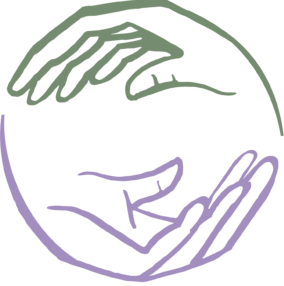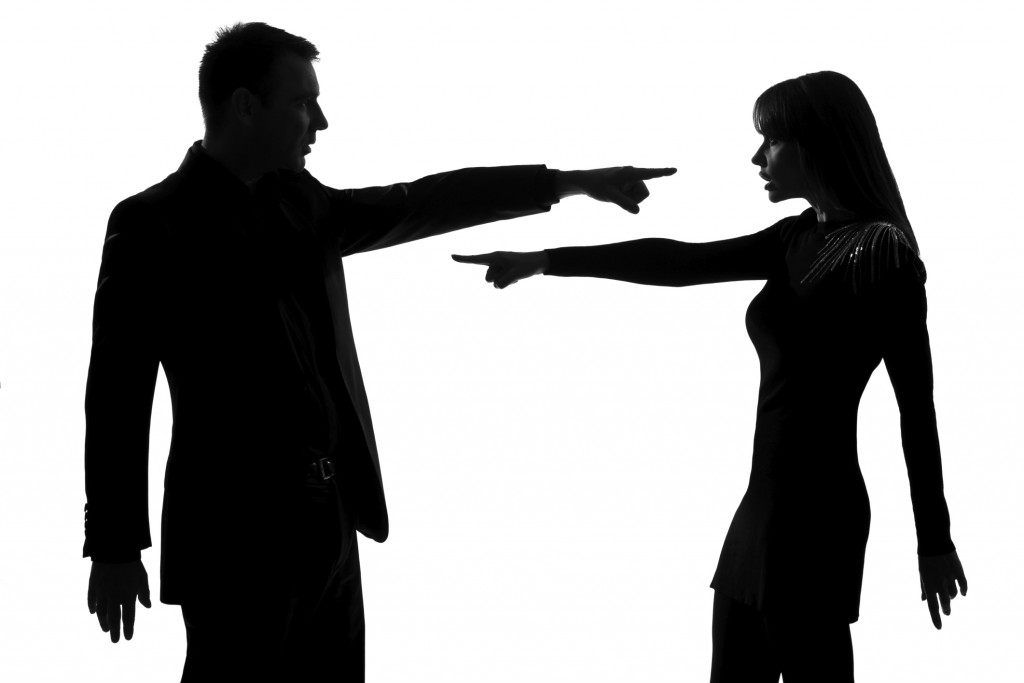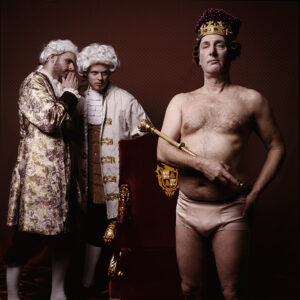We all have a sense of who we are. What kind of person we are. This is commonly referred to as the “ego”.
There are many terms we use to refer to the ego – self-image, identity, personality, character. We use titles like parent, boss, teacher, artist. Or qualities like intelligent, spiritual, competitive, kind.
Try as though we may, none of these labels or qualities will ever really describe who we are, because there is no such thing as who we are. There is just how we are being.
Smart people can be dumb. Adults can be childish. Bullies can be victims. I’ve never met a person who fits into any label. People are fluid, in constant interaction with their inner and external experiences.
Thanks to our egos, we are so busy trying to be what we think we are that we are not able to see how we really are. And when other people try to tell us how we are being, the ego defends itself. It needs to make sense of the world, so it breaks the world into right or wrong, winner or loser, good or evil.
When our ego takes a position, it sets us up to fight. And we all want to be right, or good, or whatever we think we are.
After 30 plus years working with young people and their families, I’ve learned that as much as I may think I am right, they show me how I am wrong over and over again. I say the wrong things, do the wrong things, make the wrong assumptions.
In countless confrontations with parents, kids, teachers and just about anyone else, I realize time and time again, that no matter how much people think they are open to critical feedback, they really need to feel that they are okay, or right, or good.
It just seems to be a fundamental part of the human experience – we have great difficulty tolerating being wrong. It seems to be inevitably tied to a deep sense of shame, which we tend to hide, at great cost to ourselves and society at large.
So the ego will always try to defend itself from being wrong. One way to do this is to blame. It’s your fault. Or someone else’s fault. Or society’s fault. Or your “higher power”, whatever that might be.
Blame is different than responsibility. Blame is aimed at who we are, or “who do we blame?”, while responsibility is about recognizing how we are being. Blame is emotional and judgmental, focusing on what was rather than what is or what can be.
When we play the blame game, it sets us up for a win-lose outcome, and this is why it is at the heart of so much conflict. The first time I really learned this lesson, I was several years into intensive encounter group therapy. I realized that when you are loved, there is no right and wrong. You are just loved.
Having had the privilege of working with hundreds of families over the years, I’ve seen how loving relationships become toxic as people get stuck in countless rounds of the blame game, which can be especially self-reinforcing and damaging when it includes the discharge of anger.
I’ve learned that when you let go of needing to be loved, and accept that you are loved, you let go of the need to be right and make someone wrong. When you open up to those who love you, you realize there is no need to play the blame game, and it frees you up to find peace. Balance. Compromise. Love. Lots of good stuff.
Again, we’re back to the win-win game. The blame game inevitably has its losers, and always will.



